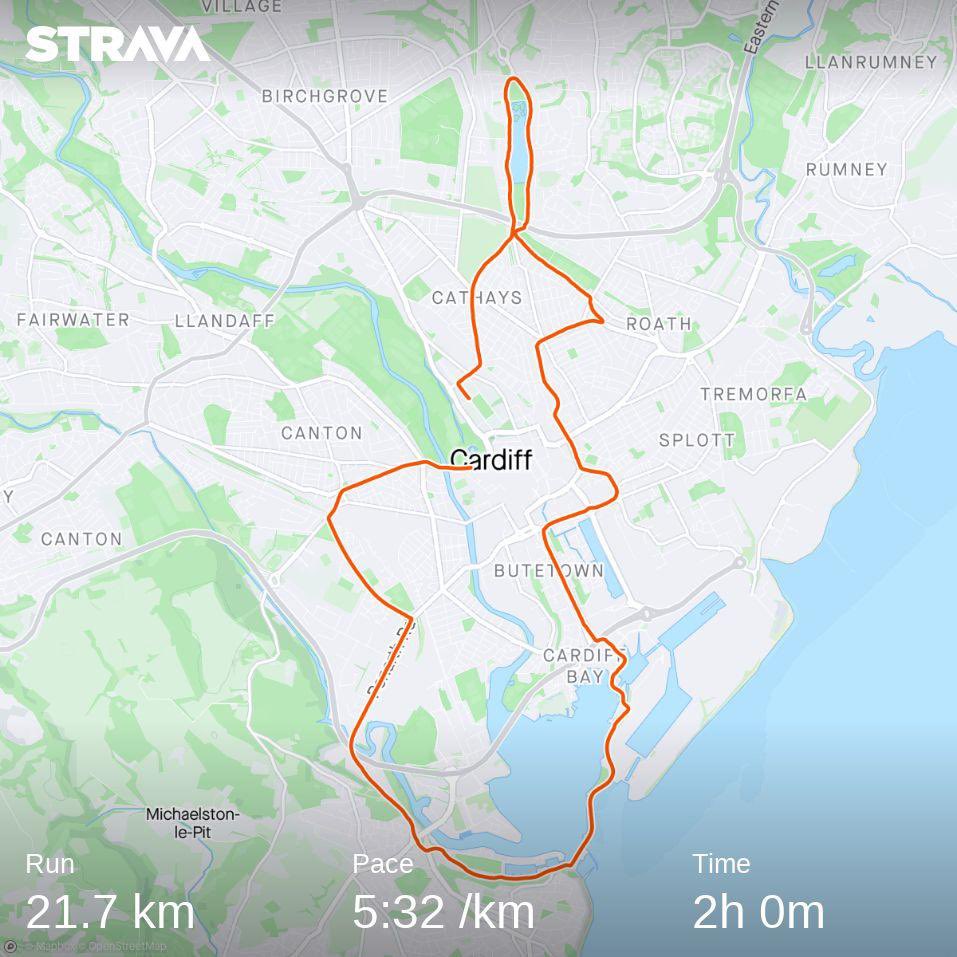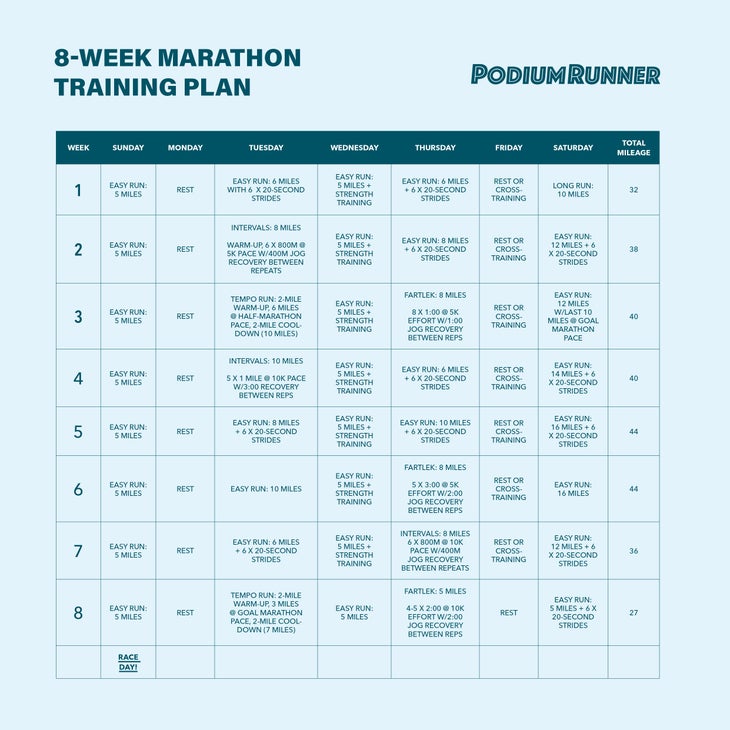Marathon training can be overwhelming and challenging at the best of times, but here at Physio Performance, we are here to help from beginning to end!
A consistent training plan & goal setting are two key elements to a successful marathon.
If you’ve decided to run a marathon, once you have a training plan, try your best to stick to it as much as possible. Not only does the plan help to take guesswork out of your runs, it also helps to provide consistency through the process. With the main goal obviously being to complete the marathon, the training plan is also useful for setting smaller goals along the road to race day.
When deciding upon a suitable training plan for your marathon, it is important to choose a plan suitable to your level. For example, on your first marathon, an 8-10 week training plan pre-race could be too intense, with large increases in volume week after week possibly contributing to injury. This may be more suitable for an experienced long-distance runner.
Variety in the training programme is also important, as a means of preparing the body for varying running intensities, as well as providing a fresh challenge during the training plan. Make sure to include some higher speed work such as tempos/intervals.
There is no quick or easy way to figure out your ideal pace, and by adding some tempo/interval training into your programme, and taking time to learn your pace separation can be hugely beneficial in preparing, especially if it’s your first marathon.
Injury risk can be high during a marathon build-up due to the increase in distance and intensity each week, it is important to include deload/easy weeks interspersed in your plan to allow for full recovery. It is also important to include strength training into your marathon training plan as a method of active recovery between runs in order to reduce the risk of injury and improve running economy.
Apps such as Strava can be very useful during your training programme, as tracking each run can allow you to monitor the increasing mileage/intensity, and can be useful to avoid excessive increases which may lead to injury.
Keeping track of what worked and what didn’t when it comes to your training, especially on long runs, provides vital information leading up to race day. Testing out your shoes, clothes and importantly nutrition can be a massive help in the lead up to race day.
Being experienced in what you are comfortable with eating/drinking before, during and after the race is vital to avoid any stomach/bowel distress. Using the same shoes and clothing in long training runs as on race day is also important to avoid any blistering, chafing or discomfort during the race.
Are you training for a marathon?
From advice to strength training to deep tissue sports massage, Physio Performance is here to help you from start to finish!
Next step:
Want to get in touch with our team?
You can contact us on 041-9877059 or at info@physioperformance.ie. You can also book an appointment online with us HERE.




